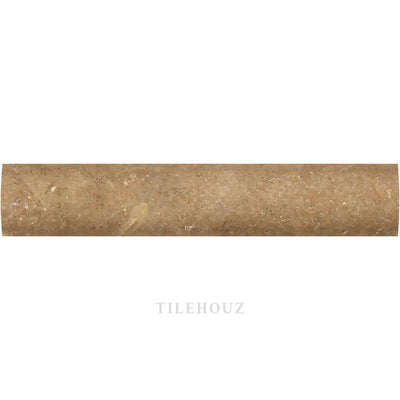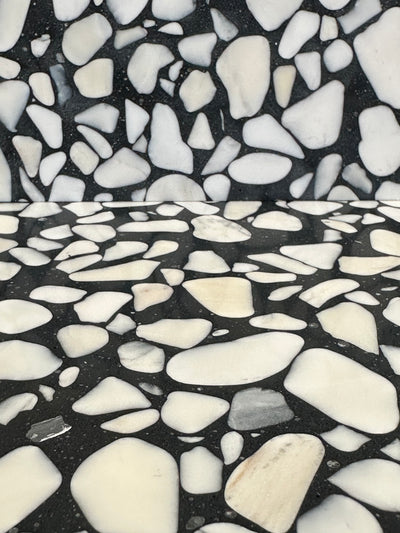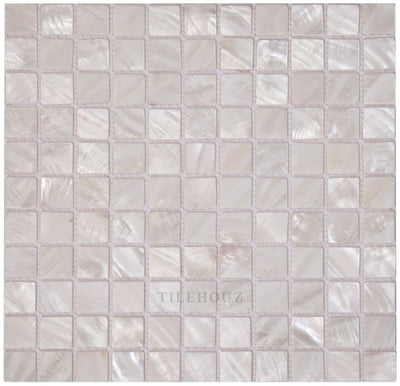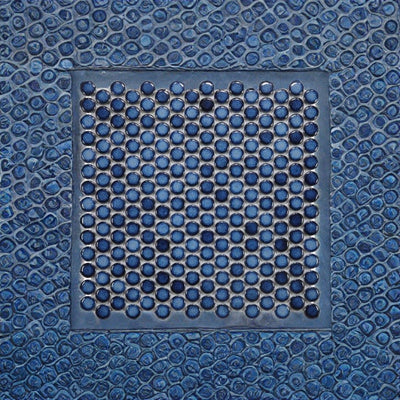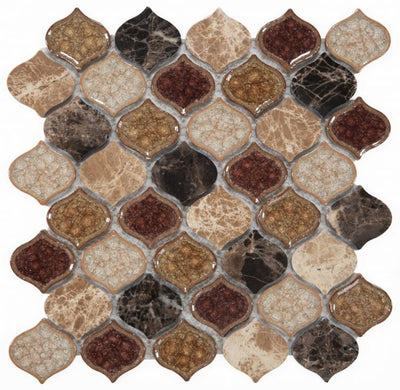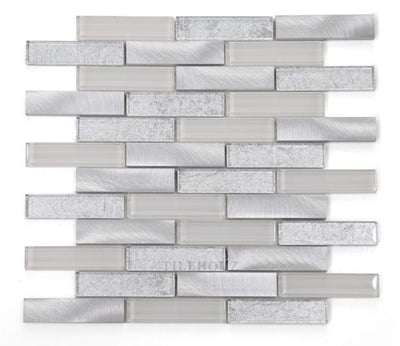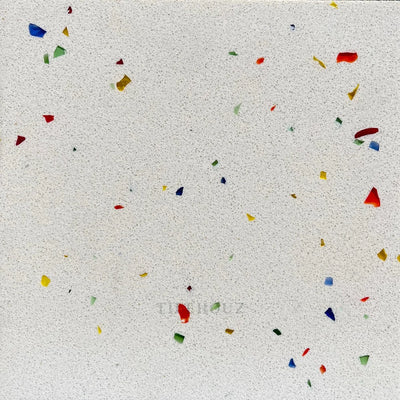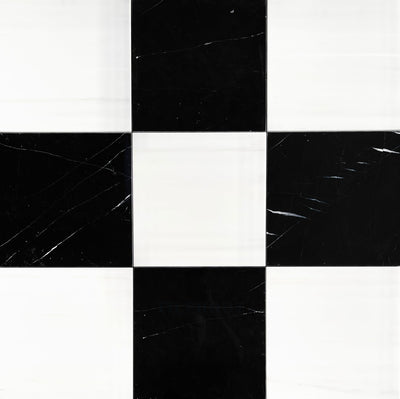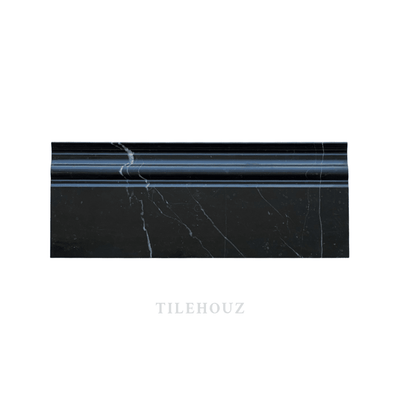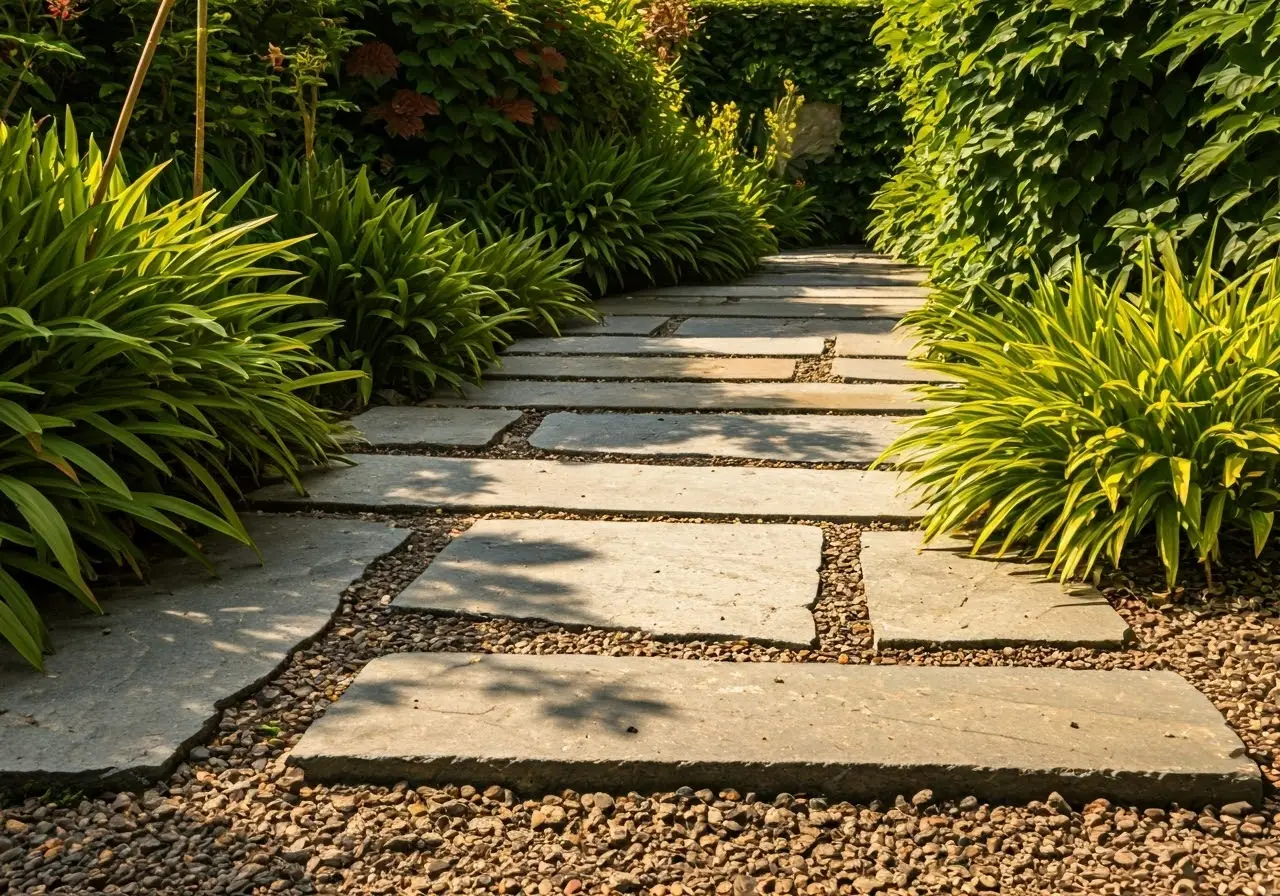Can Porcelain Slabs Be Used Outdoors?
Porcelain slabs are a popular choice for indoor flooring, but can they withstand the challenges of an outdoor environment? In this FAQ blog, we will explore the various factors to consider when using porcelain slabs outdoors, ensuring you make an informed decision for your outdoor spaces.
What Makes Porcelain Slabs Suitable for Outdoor Use?
Porcelain slabs are renowned for their outstanding durability and resistance to various environmental conditions, which makes them highly suitable for outdoor use. The unique properties of porcelain, such as its low porosity and exceptional strength, are attributable to the dense, high-temperature firing process it undergoes. This process not only fortifies the slabs against moisture, frost, and high-impact stressors but also imbues them with a remarkable ability to resist stains and scratches.
One of the significant advantages of using porcelain slabs outdoors is their versatility in design. Available in a plethora of colors, finishes, and textures, porcelain mimics natural materials like stone or wood, achieving a seamless blend with your outdoor environment. The aesthetic appeal of porcelain is further enhanced by its UV stability, ensuring that its vibrant hues do not fade over time despite constant sun exposure.
Incorporating porcelain patio and outdoor pavers into your spaces not only boosts the visual appeal but also improves the functionality of any area. The ability to maintain their appearance without extensive upkeep makes them an attractive option for many homeowners looking to enhance their patios, walkways, or poolside spaces.
Factors to Consider When Choosing Porcelain Slabs for Outdoors
Selecting the right porcelain slabs for outdoor use involves several considerations. Slip resistance is paramount, particularly in areas that may frequently get wet, like around swimming pools or patios exposed to rain. Opt for slabs with textured or anti-slip surfaces to guarantee safety for all users.
Thickness is another crucial factor as it directly influences the slab’s resilience and durability. Outdoors, it’s often recommended to use slabs that are thicker, such as the 2cm porcelain pavers, which can withstand the stress of heavier foot traffic and varying weather conditions.
Additionally, consider the overall durability and maintenance requirements of the slabs. Porcelain, thanks to its low porosity, resists water absorption and thereby minimizes the risk of freeze-thaw cracking in colder climates. Similarly, its ability to fend off chemical stains and bacteria growth makes it a hygienic choice for outdoor applications.
Installation Tips for Porcelain Slabs in Outdoor Areas
Installing porcelain slabs outdoors requires meticulous planning and execution to ensure their longevity and performance. Start by choosing a professional installer experienced with the nuances of porcelain, who can guarantee the slabs are laid correctly with the appropriate substrate preparation. This is important to prevent shifting or cracking over time.
Drainage is another critical aspect to consider during installation. Adequate space should be left between slabs, or proper drainage systems should be employed to prevent water accumulation, which could compromise the substrate and even damage the slabs over time.
Using spacers can help maintain consistent gaps between the slabs, allowing for expansion and contraction due to temperature changes, thus preventing cracking. The use of a high-quality grout or joint compound further seals these spaces against moisture penetration, contributing to the longevity of the installation.
For more design inspiration and choices, consider exploring the stunning range of concrete-look porcelain tiles, which offer the added benefit of providing a contemporary aesthetic that can enhance any space.
Maintenance and Care for Outdoor Porcelain Slabs
Maintaining porcelain slabs in outdoor areas is a relatively straightforward endeavor due to their robust characteristics. Begin with regular cleaning; sweeping away debris and washing the slabs with mild detergent keeps surfaces looking pristine and minimizes the risk of staining.
Periodically inspecting the slabs for cracks, chips, or loose tiles is crucial, as minor issues can escalate if left unattended. Immediate repair or replacement of damaged slabs will ensure both the functionality and aesthetics of your outdoor area remain intact.
While many porcelain slabs do not require sealing due to their low porosity, it can be beneficial to apply a sealing agent to enhance stain resistance, particularly in high-traffic areas. Consult with your supplier or installer for personalized advice based on the specific conditions of your installation.
For those interested, browsing our extensive collection of porcelain tiles can offer insights into how these durable materials can enhance both indoor and outdoor spaces, ensuring long-lasting beauty with minimal maintenance.
Final Thoughts on Using Porcelain Slabs Outdoors
Porcelain slabs can indeed be used outdoors, provided they meet specific criteria such as durability, slip resistance, and low porosity. With their attractive appearance and robust features, they can be a stylish and practical addition to your outdoor areas.

